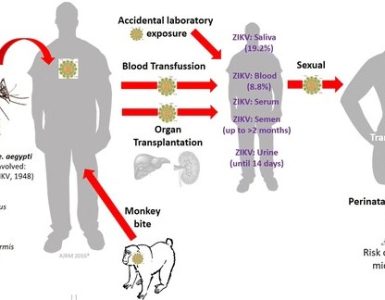 The Vaccines for Children program has been providing free vaccines to children in need for nearly two decades. Unfortunately, a new report from the Department of Health and Human Services (DHHS) has found that a significant fraction of providers around the country have been irresponsible when it comes to storing these vaccines. The oversight matters, since, while such improperly stored vaccines are still safe, they may not be as effective.
The Vaccines for Children program has been providing free vaccines to children in need for nearly two decades. Unfortunately, a new report from the Department of Health and Human Services (DHHS) has found that a significant fraction of providers around the country have been irresponsible when it comes to storing these vaccines. The oversight matters, since, while such improperly stored vaccines are still safe, they may not be as effective.
Since 1994, the Centers for Disease Control and Prevention has given grants to state and local health departments, which then distribute the vaccine funding to 44,000 doctors’ offices and clinics. Yet when inspectors from the DHHS visited 45 different medical practices in the five areas that ordered the most vaccines in 2010, they found that 76% of the providers had stored vaccines at the wrong temperature for at least five consecutive hours during a two-week period. They also found that 13 of the 45 providers mixed expired and unexpired vaccines.
Although the report looked only at medical practices in California, Florida, Georgia, New York City, and Texas, the sampling most likely represents nationwide practices. And the findings may well apply to children who are not actually part of the Vaccines for Children program, since 90% of the clinics that provide free immunizations for low-income children also serve children who are insured.
And the upshot? Since these disappointing findings have come to light, the CDC has agreed to work with clinics and states to make sure the vaccines are better managed. As for concerned parents, ACSH’s Dr Gilbert Ross reiterates that they should know the vaccines aren’t harmful, but that they should talk to their health care providers about the status of the immunizations that their children have received.
In a side note, ACSH scientific advisor Dr Robert Brent, a professor of pediatrics, radiology, and pathology at Jefferson Medical College and a researcher at Alfred I. duPont Hospital for Children in Delaware, observes that, not so long ago, some of these vaccines wouldn’t have required refrigeration. It’s ironic, he notes, that “we removed the preservative [thiomersal] because of the false accusation that it caused autism, yet ended up with vaccines that may deteriorate due to lack of proper storage.”

















